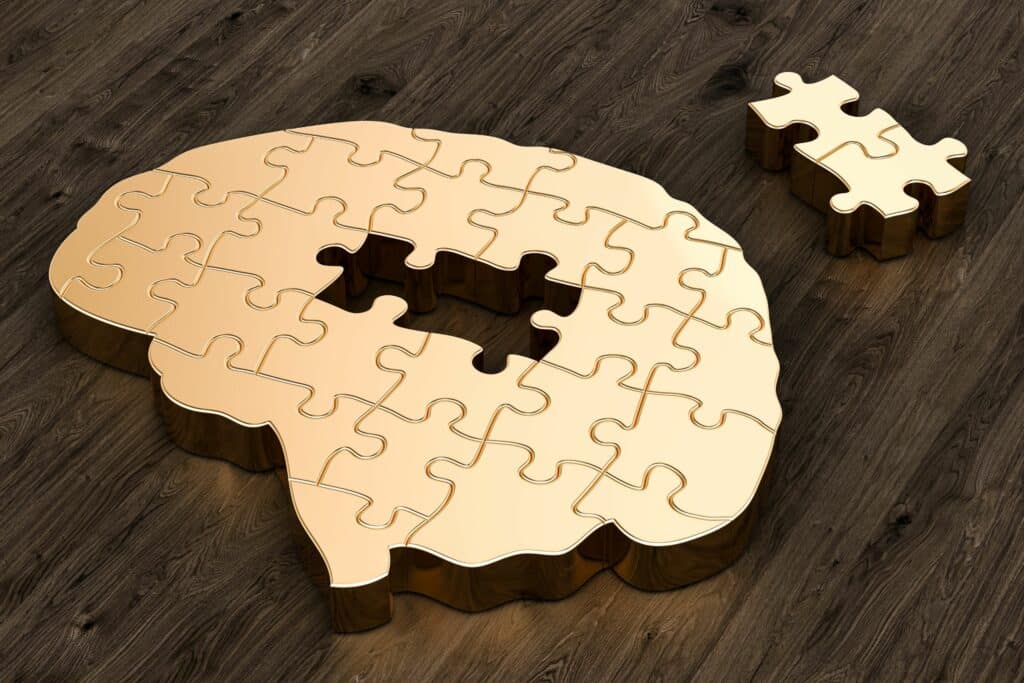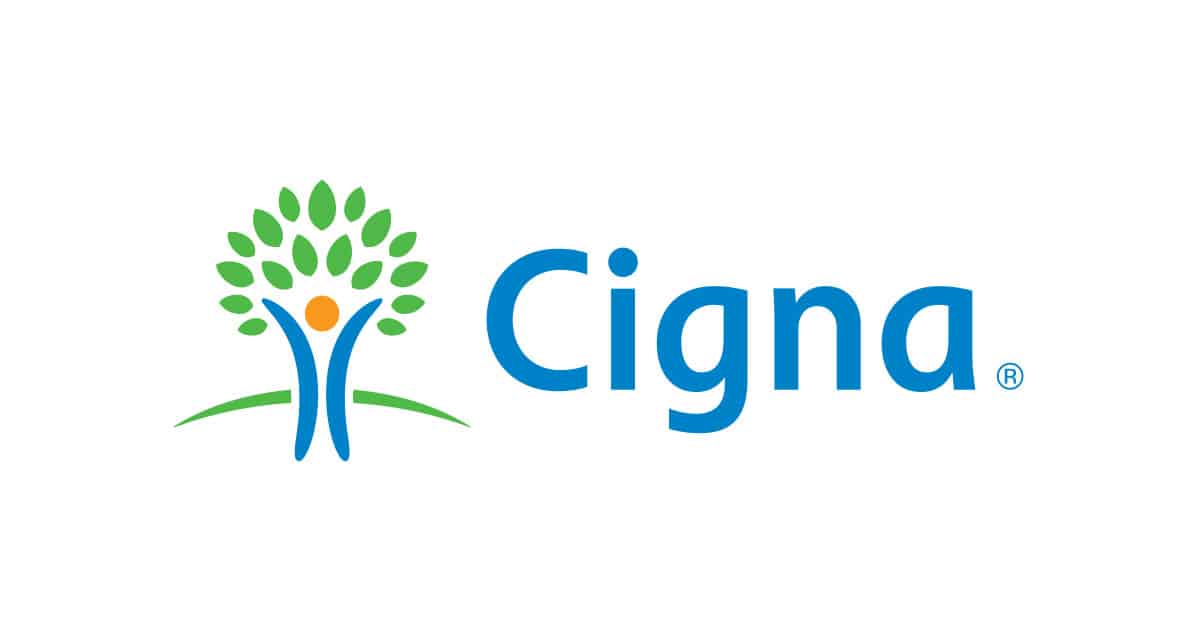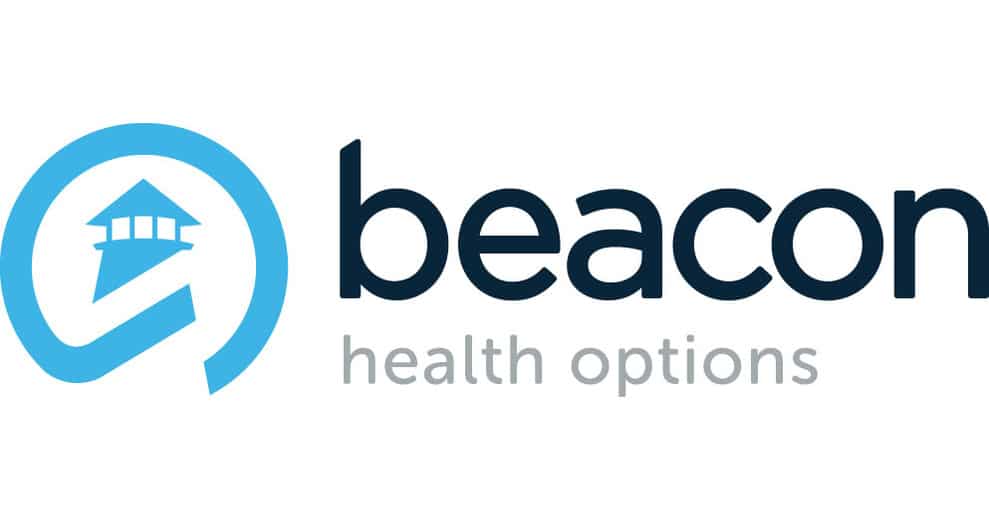Table of Contents
What is Cognitive Behavioral Therapy?
Cognitive-behavioral therapy is a specialized form of psychotherapy that aims to rectify inaccurate beliefs, consequently improving stress management and bolstering mental health. As a targeted and structured talk therapy, CBT stands out as a widely accepted and extensively researched therapeutic approach.
Professionals like psychologists, therapists, and counselors employ CBT to address a range of mental health conditions and emotional challenges, making it a predominant tool in the realm of psychotherapy.
The foundational tenets of CBT Therapy encompass:
- The notion that certain psychological difficulties arise from distorted or negative thought patterns.
- The understanding that maladaptive behaviors are often learned and can perpetuate emotional distress.
- The recognition that deep-seated, erroneous core beliefs about oneself and the surrounding world contribute to psychological issues.
- The belief that individuals can acquire more effective coping strategies, alleviating symptoms and fostering emotional well-being.
What conditions can cognitive behavioral therapy (CBT) treat?
CBT Therapy stands as a versatile therapeutic approach beneficial for addressing a diverse array of emotional and mental health challenges across all age groups, encompassing even children.
At West Georgia Wellness Center in Atlanta, GA we deploy CBT as a method for addressing multiple mental health concerns, such as:
- ADHD
- Anxiety Disorders
- Bipolar Disorder
- Borderline Personality Disorders
- Depression
- Obsessive-Compulsive Disorder (OCD)
- Thought Disorders
- Trauma
- Schizophrenia
- Dual Diagnosis
- Substance Abuse and disorders related to drugs and alcohol consumption.
For conditions like bipolar disorder and schizophrenia, the synergy of CBT with medication often proves particularly effective.
Furthermore, research indicates that CBT plays a crucial role in assisting individuals to cope with non-psychological medical ailments, encompassing:
- Sleep disorders like insomnia
- Chronic pain conditions, including fibromyalgia
- Chronic fatigue syndrome
- Migraine episodes
- Irritable bowel syndrome (IBS).
Beyond clinical conditions, CBT is also sought by individuals grappling with routine life challenges or undergoing significant life transitions, such as:
- Navigating relationship hurdles
- Processing the aftermath of a divorce
- Addressing workplace conflicts
- Coping with loss and grief
- Adapting to fresh life circumstances or health diagnoses
- Managing stress and enhancing coping mechanisms.
How does CBT Therapy work?
CBT Therapy is a research-supported therapeutic approach rooted in theoretical foundations and skill-driven conversations. It fosters a comforting, impartial environment where individuals can candidly share their feelings with a qualified mental health expert dedicated to assisting them in addressing their challenges.
The duration of CBT is usually concise, encompassing roughly five to 20 sessions. Results aren’t instantaneous; CBT often demands patience and might entail confronting unsettling emotions or memories. Consider your therapist as a collaborative ally, accompanying you throughout this journey. With consistent effort towards the mutually established goals, you’ll notice discernible progress.
Here’s a glimpse into the CBT Therapy process:
- Understanding the Core Issue: Initially, you’ll share the issues you’re grappling with, any noticeable symptoms, and voice any specific concerns. If you have a pre-existing mental health diagnosis, it’s crucial to inform your therapist. This conversation lays the groundwork for goal-setting in the therapeutic process.
- Engaging in Reflective Questions: Based on your unique circumstances, your therapist might delve into certain aspects of your life by asking probing questions. These might pertain to past events, deep-seated fears, behavioral patterns, or your intrinsic beliefs and emotions. By collectively dissecting your responses, you gain clarity on your reactions to life’s adversities.
- Identifying Detrimental Thoughts and Actions: Through interactive discussions, your therapist will steer you to introspect on your reactions to challenging situations. The aim is to pinpoint detrimental beliefs, emotions, or behaviors aggravating your difficulties. Maintaining a journal documenting such instances and your reactions can sometimes be beneficial.
- Strategizing Thought and Behavior Modification: Collaboratively, you and your therapist will devise strategies to replace negative emotions and habits with constructive ones. By adjusting your viewpoint and embracing beneficial behavioral patterns, you’ll be better equipped to handle future challenges.
What are the Benefits of CBT Therapy?
CBT Therapy offers distinct advantages compared to other therapeutic methods for addressing mental health issues. Here’s why:
-
Restoring Optimism: Mental health challenges often breed a sense of hopelessness about the future. CBT, however, introduces a glimmer of optimism. It educates individuals that thoughts don’t always mirror reality. By challenging these thoughts, one can envision a different, more positive trajectory for their life.
-
Building Self-Worth: Numerous mental health issues correlate with diminished self-worth, further reinforcing negative thought and behavior cycles. CBT breaks this cycle, instilling a newfound confidence in one’s capabilities. Recognizing the mechanics of our thoughts, and realizing they’re malleable, can revolutionize self-perception.
-
Promoting Relaxation: The behavioral facet of CBT empowers individuals to modulate their reactions to symptoms. Frequently, this involves honing relaxation techniques to temper reactions to stressors, subsequently alleviating symptoms.
-
Fostering Logical Thinking: At its core, CBT equips individuals to master their thought processes. Cognitive biases, which often operate subconsciously, are brought to the forefront. With consistent practice, individuals learn to challenge and replace negative thoughts, fostering a more logical and balanced approach to life’s challenges.
CBT stands out as an impactful talk therapy method with diverse benefits. While it might not resonate with everyone, or may be more effective when combined with other treatments, it’s a commendable starting point for many on their therapeutic journey.
What to Expect During CBT
During CBT, individuals collaborate with a therapist to recognize and rectify detrimental thought cycles and actions. The sessions often revolve around current life situations, though discussions might also delve into how past experiences have shaped them. Typically, CBT is a concise therapy, predefined by a certain number of sessions.
The exact duration might differ based on the program, therapeutic facility, and the individual’s objectives for undergoing CBT. These sessions encourage active participation, allowing clients to engage closely with their therapists. They might also receive tasks to tackle before subsequent sessions or during intervals.
Homework tasks, designed to counteract negative thinking habits, are a staple in the CBT process. This approach ensures individuals steadily move towards constructive behavioral adaptations even beyond their therapy appointments. Sustained dedication is crucial to ensure lasting benefits even after the conclusion of therapy.
CBT Therapy in Atlanta, GA
Our CBT therapy in Atlanta assists clients in recognizing and altering detrimental emotions, behaviors, and cognitive patterns that lead to discomfort. Instead of dwelling on issues, CBT emphasizes solutions. This approach motivates clients to confront and reform the skewed perceptions that have resulted in harmful actions.














